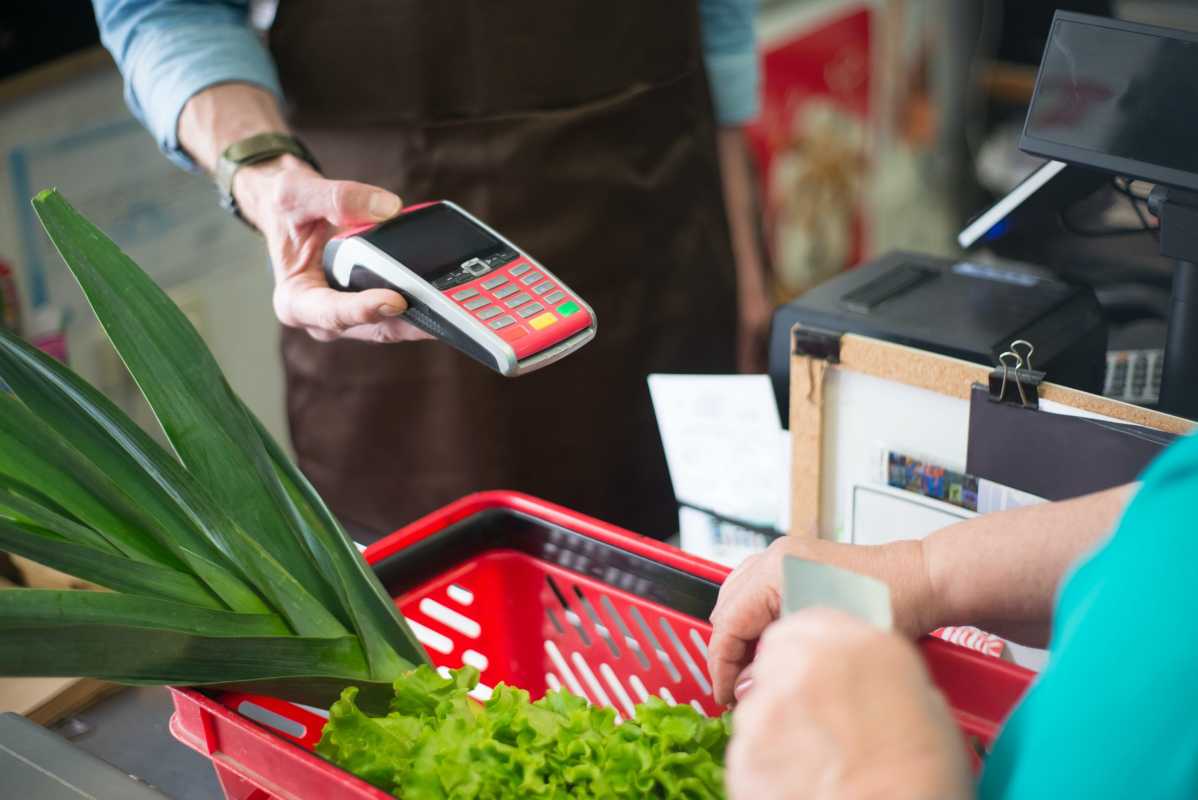Business
Australian Inflation Drops to Two-Year Low, Fueling Rate Cut Speculation

Australia’s inflation rate has dropped to its lowest level in two years, easing concerns about rising prices and raising expectations of a future interest rate cut. According to the Australian Bureau of Statistics, the consumer price index (CPI) increased by 4.1% in the final quarter of 2023, compared to the same period the previous year. This figure was lower than economists’ expectations of 4.3% and marked a decline from the previous quarter’s rate of 5.4%.
The quarterly CPI growth of 0.6% was also below expectations, with economists predicting a 0.8% increase. The lower-than-expected inflation figures have effectively ruled out the possibility of an interest rate hike by the Reserve Bank of Australia (RBA) in the near future, according to David Bassanese, the chief economist at BetaShares.
The Treasurer, Jim Chalmers, has welcomed the CPI data and highlighted its positive implications for real wages and upcoming tax cuts. However, he cautioned that the slowing inflation was not a cause for complacency.
The price of food and non-alcoholic beverages in Australia increased by 0.5% during the quarter, with significant declines in lamb prices (12.1%) and beef and veal prices (1.5%). Automotive fuel prices also fell by 0.2%, despite the escalation of conflict in the Middle East. Insurance costs, on the other hand, rose by 3.8% during the quarter.
The RBA had previously projected inflation to reach an annual rate of 4.5% by the end of 2023. However, the lower-than-expected CPI figures have shifted attention to the possibility of interest rate cuts in the future, provided inflation falls back within the RBA’s target range of 2-3%.
The slowing retail sales growth further strengthens the case for rate cuts, with December figures revealing a meagre 0.8% increase compared to the previous year. Deducting inflation, retail spending actually decreased, indicating economic weakness.
Economists, including Cherelle Murphy from EY, have argued that the RBA’s 13 consecutive rate hikes since May 2022 have been effective in restraining inflation. However, she cautioned that domestic inflationary pressures, including strong housing demand and rising insurance premiums, could delay rate cuts. Global factors such as conflicts in the Middle East and shipping issues may also exert upward pressure on energy and transport prices.
The latest inflation data also highlights the contrasting performance of tradeable and non-tradeable goods and services. Tradeable goods’ prices increased by 1.5% annually, the slowest growth rate in nearly three years, while non-tradeable items saw a 5.4% increase. Electricity prices rose by 6.9% from the previous year, but the availability of energy bill rebates mitigated the impact.
Across Australian cities, Hobart experienced the lowest annual CPI growth at 3.3%, while Adelaide recorded the highest increase at 4.8%.












